Angela Lindig, Executive Director
Angela began her work in disability advocacy shortly after the birth of her first daughter, who is diagnosed with an ultra-rare genetic condition – an HNRNPH2 gene mutation. Over the past 29 years, Angela has dedicated much of her time to efforts to improve the lives of individuals with disabilities and their families. She began by serving on her Regional Infant and Toddler Committee, in which she gave her first testimony before the Idaho Legislature about the importance of birth-to-three programs for infants and toddlers with disabilities and developmental delays. She later spearheaded an effort in partnership with the City of Meridian and Saint Alphonsus Regional Medical Center to create the Adventure Island Playground, Idaho’s first universally accessible playground, located in Meridian’s Settlers’ Park, celebrating its 21st anniversary this year. Angela has served on the State Independent Living Council, the Idaho Infant Toddler Coordinating Council, the Idaho Special Education Advisory Panel, and, currently, she is a member of the Idaho Council on Developmental Disabilities.
She began working for Idaho Parents Unlimited (IPUL) as a Parent Education Coordinator in 2009. In 2011, Angela took over the then-failing nonprofit as the Executive Director. Today, IPUL is a thriving nonprofit organization that provides support to thousands of families raising children with disabilities and to professional partners annually through one-to-one assistance and training workshops and conferences, with a focus on education, health, and the arts.
With their children now grown, empty-nesters Angela and her husband, Darin, live in Boise with their two puppies that keep them completely entertained. Angela graduated from the University of Phoenix Magna Cum Laude in 2018 with a Bachelor of Science in Human Services with a concentration on family and children’s services. She is actively involved in her daughter’s genetic foundation, the Yellow Brick Road Project, supporting research for treatments to improve the lives of those impacted by rare diseases.
~Childhood doesn’t wait for systems change.”
Breakout Sessions
Nov. 14 – 2:15 PM – 3:30 PM
IEP 101: Basics of Special Education
If your child has a disability and receives special education services in a public school, they have an Individualized Education Program (IEP) which is a plan made just for them. In this session, we’ll discuss what an IEP is, who is eligible, how it’s created, and what it means for your child’s education. You’ll learn about your role as a parent, what to expect at an IEP meeting, and how to work together with the school team. By the end, you’ll feel more confident reading your child’s IEP and speaking up for what they need to be successful at school.
Perfect for: Families who are new to the IEP process or want a clear understanding of how it works.
Nov. 14 – 3:45 PM – 5:00 PM
Deep Dive into IEPs – Reading and Understanding the Actual Document
Once your child has an IEP in place, it’s important to know what it really says and what it means for your child at school. In this session, families will learn how to read and understand each section of the IEP, including goals, accommodations, services, and progress reporting. We’ll talk about what makes a goal measurable, how to check that supports are being provided, and what your rights are if something isn’t clear or followed.
You’ll also learn the timelines schools must follow, like how long it takes from the first evaluation request to an IEP meeting and how often the plan must be reviewed. This session helps families feel more confident during meetings, ask the right questions, and make sure their child’s IEP truly meets their needs.
Perfect for: Families who already have some experience with IEPs and want to better understand how to read, review, and strengthen their child’s plan.
Nov. 15 – 2:00 PM – 3:15 PM
IEPs and Transition to Adulthood: Planning for the Future
Description:
As your child gets older, their IEP should start focusing on what comes next in life after high school! This session helps families understand transition planning, which is how schools prepare students for adulthood. We’ll talk about how to set goals for work, college, or independent living and how to help your child learn to speak up for themselves. You’ll also learn about the importance of health care and community-based systems and supports that can help your teen or young adult navigate life as they enter adulthood. Perfect for: Families with youth ages 14 and older who are starting to plan for life after high school.
 Official Government Website
Official Government Website
